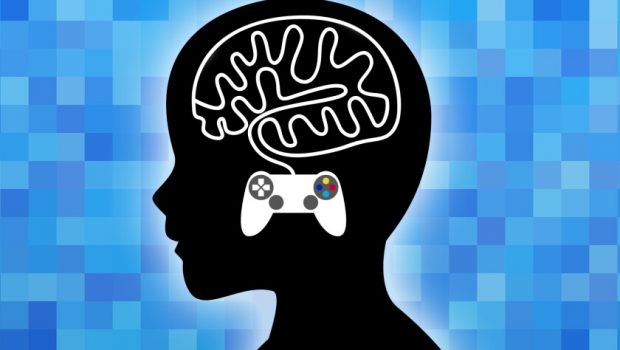Global Report Reveals Positive Benefits of Video Gameplay
The Entertainment Software Association (ESA), in partnership with the Interactive Games and Entertainment Association (IGEA) and video game trade associations in Canada, Europe and South Korea, today released the first-ever Power of Play report. The report highlights the findings from peer-reviewed academic research about the positive effects of gameplay, which are confirmed by a survey of 12,847 active (weekly) players (ages 16 and older) in 12 countries: Australia, Brazil, Canada, France, Germany, Italy, Japan, Poland, South Korea, Spain, the United Kingdom and the United States. The survey revealed that in addition to entertainment, video games provide players with a number of social and emotional benefits that are shared on a global level.
Having fun is the top reason people play video games (69% of global players), but they also play for a variety of other reasons including to keep their minds sharp (36%), and because playing games offers the ability to explore new worlds and ideas (27%). Nearly a quarter of respondents (24%) globally say they play video games to manage and/or improve their mental health. In all 12 countries, 71% of respondents said playing video games helps them feel less stressed. In Australia, 73% of respondents said the same, pointing out that video games also help them feel less anxious (67%) and less isolated/lonely by connecting them to others (57%).
“The Power of Play report affirms on a global scale what we already knew here in Australia; video games have a positive impact on everyday people, and people play video games daily,” said Ron Curry, CEO of IGEA. “IGEA is proud to be a part of this world-first report, combining the findings from a survey of almost 13,000 players across 12 countries alongside academic and peer-reviewed research papers. It comes as no surprise that the global video game community believes not only that video games are fun, but playing them helps us feel less anxious, less isolated, and less stressed.”
More than half (52%) of global players say video games helped them get through difficult times in their lives, with that number increasing to 62% for Australian respondents. Players agree that video games provide other mental health benefits:
- About 75% of global players believe video games provide mental stimulation and stress relief.
- Nearly two-thirds also find that video games provide them with a healthy outlet from everyday challenges (64%) and help them feel happier (63%).
Crossing geographic borders, video games also provide a platform for community building where otherwise not physically possible:
- More than half of global respondents (51%) say they play games with other people online and 38% play with other people in person weekly, with 68% across all markets rating their experience of playing with others – both online and in person – as positive or extremely positive.
- More than two-thirds (67%) of global players agree video games introduce people to new friends and new relationships. Nearly half (42%) of global players have met a good friend, spouse or significant other through video games.
- More than three-quarters (77%) of global players agree video games bring different types of people together and nearly two-thirds (60%) say video games create a feeling of community.
People are not only skilled game players, but they also say they have gained valuable life skills applicable outside of the virtual world of video games:
- Nearly three-quarters of global players (73%) agree video games can improve creativity.
- Across the world, 69% of players agree video games build problem-solving, cognitive, teamwork, and collaboration skills.
- Video games also promote adaptability and communications skills with 65% and 60% of global players agreeing, respectively.
You can find the full Power of Play report here.







